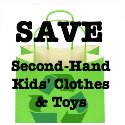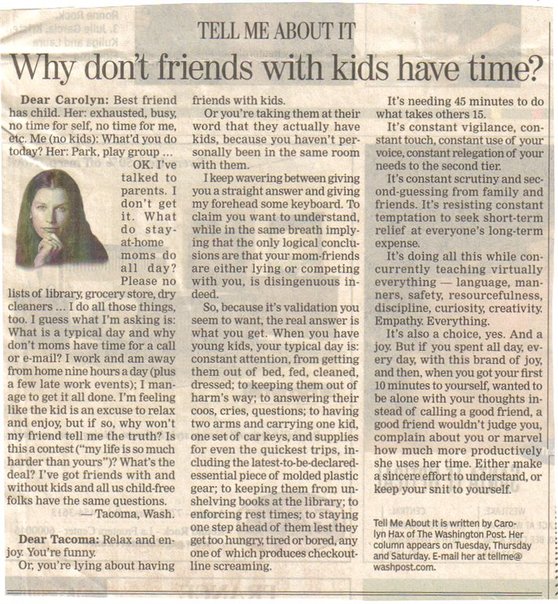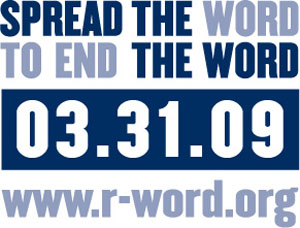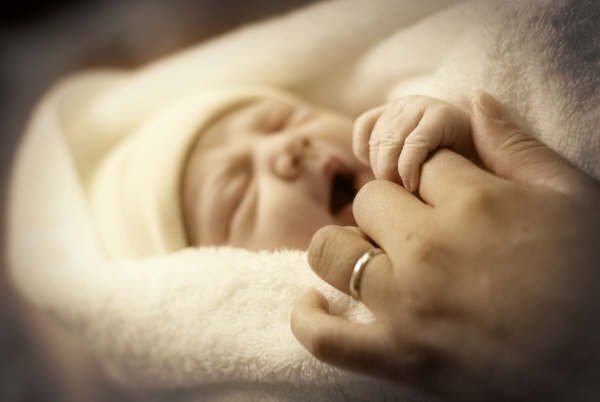UPDATE:
Julie Vallesse says not expect a crack-down on Feb. 10th. Also, more about exemptions on Bloomberg.com.
Baby Cheapskate has a new article stating that CPSC is hearing all the calls and emails and may be reconsidering the affect on consignment shops and yard sales.
I received this Thursday morning from San Antonio Fox News Anchorwoman, Bianca Vanezuela – ” Looks like legislators are taking note. Check out yesterdays LA Times. Local Goodwill says they arent to worried. Nationally they are working closely with the powers that be and believe changes will be made before February
10th. I’ll keep you posted.
Bianca”
Here is a link to the most recent LA Times article:
http://www.latimes.com/business/la-fi-lead7-2009jan07,0,6917858.story

———————–
If you haven’t heard yet Congress passed the Consumer Product Safety Improvement Act (CPSIA) that will go into effect on February 10th of this year. Retailers, toymakers, thrift stores, yard sales, hand made toy producers and consumers of used clothes and toys will all be affected. Some are even calling Feb. 10th National Bankruptcy Day, because of the severe impact they believe the law will have on the economy.
What You Need to Know
The CPSIA limits the amount of lead and phthalates in toys, mandates third-party testing and certification for all toys and requires toy makers to permanently label each toy with a date and batch number. (Handmade Toy Alliance)
The lead paint limit is currently 600 ppm for children’s products. It will be lowered to 90 ppm on August 14, 2009. (CPSC Requirements)
The CPSIA was created in response to the enormous number of product recalls every year and the inability for the Consumer Products Safety Commission (CPSC) to properly prevent dangerous toys from being imported and sold.
Up until October of 2007 the CPSC had already issued 544,000 product recalls due to high amounts of lead.
The law says that a “children’s product” means a consumer product designed or intended primarily for children 12 years of age or younger. This includes clothes, toys, children’s books, cassettes, CD’s, printed game boards, posters, and other printed goods for used children’s education. It also applies to some furniture “Furniture articles include, but are not limited to beds, bookcases, chairs, chests, tables, dressers, desks, pianos, console televisions, and sofas.”
How Does This Affect You?
The cost of children’s goods will rise, because manufacturers will have to pay for expensive third party testing. The cost will be passed along to the consumer. (HTA)
Small businesses and handmade items may go out of business, because they can not pay for the third party testing. Etsy shop owners may go out of business.
Items that have not been tested by Feb. 10th may be considered hazardous and will not be available to resale and thrift stores may have to clear out their inventory if each item can not be tested by Feb. 10th. Goodwill and shops like Kid to Kid may be forced to shut down!
You may not be able to resell children’s items through yard sales, Craigslist, or Ebay unless the items have been tested for lead.
The official US Consumer Product Safety Commission’s website about the CPSIA does not list the penalties for breaking the law. The Consumer’s Union says the civil penalty caps have been raised from $5,000 to $100,000 per individual violation, and from $1,250,000 to $15,000,000 for aggregate violations.
What is Going on Now With the Law?
Congress passed the CPSIA in July 2008 and signed by the President on August 14, 2008.
The Consumer Product Safety Commission enforces the law. They met on Monday of this week and determined that certain natural fibers like wool will be exempted.
The CPSC is still considering finding an exemption for Resale, Thrift and Consignment Shops according to the Minneapolis-St.Paul NBC affiliate.
According to the timeline for the CPSC not every thing has been finalized yet.
Senator Hatch says that lawmakers can still alter the regulations and make exemptions, “The CPSIA was not intended to harm the kinds of small businesses for which you are concerned. It is apparent, however, that the regulations may need to be altered to make exemptions for certain categories of products and businesses.”
Let Your Voice Be Heard!
Against:
Write Your Senators and Your Representative
Write to the CPSC
Vote on Change.Org
Sign a Petition
Join the Facebook group – Help Save Toys from the CPSIA
Become a Fan on Facebook
Join the Twitter group: Twittergroup #CPSIA
Take this survey about the economic impact of the regulations
Contact Your Local News Media Outlets
Share about the law on your blogs
For:
Visit the Consumer’s Union of the United States website.
Keep Up With the Latest Updates
Fashion – Incubator Forum
CPSIA Central on Ning
Homemade Toy Alliance Facebook group
What have you heard about the CPSIA? Do you agree with the law? Is it too soon to tell what is going to happen on Feb. 10th?









